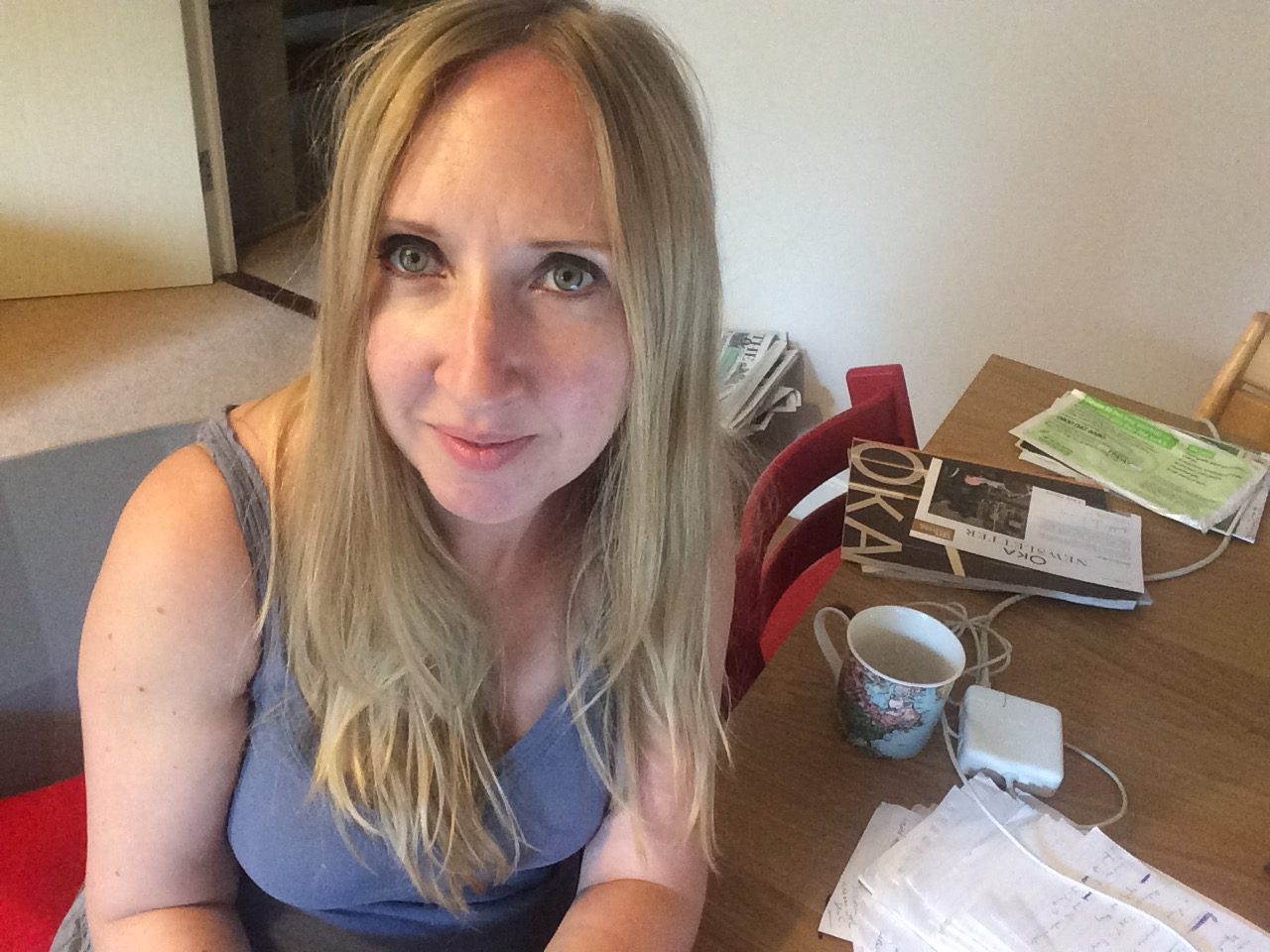We don’t think enough about our money. Or not in the right way, anyway.
Like the Victorian attitude to children, our culture seems to want to keep money out of sight and as much as possible, out of mind. Only when there is absolutely no choice, when a metaphorical gun is pointing at our head and we simply cannot ignore it by watching back-to-back episodes of The Killing any longer, might we consider addressing a money-related matter, such as moving a pension.
It’s easy to keep money out of sight. It is an abstract, intangible set of numbers that enters our bank account and only becomes tangible when we buy stuff or withdraw wads of it at the cash machine.
Out of mind? That’s actually a bit harder. If money is ever out of our minds, it is perhaps because we’ve pushed it out, when we should in fact be thinking MORE about it, but don’t want to.
It would be nice if money could be out of mind in a good way, ie. not because thinking about personal finance is just above cleaning out the cat litter on a list of desirable things to think about doing, but because we’ve got everything so sorted that we just don’t need to think about it any more. Like trustafarians planning their next Ibiza holiday and paying for it out of an endless supply of family wealth. I imagine it is quite easy to keep money out of mind when you have pots of it.
Perhaps worrying about money is a class thing. People with inherited wealth just don’t need to think about it. It’s out of sight not because it’s too depressing, but because it’s always there. Thinking about money is the behaviour of those of limited means (most of us), because you have to balance and manage and juggle a bit, in ways the very wealthy don’t.
Although that’s not always true – it depends what kind of wealthy you are. Because some wealthy people do think about money, they think about it all the time. They juggle, and they budget and they balance and they do so because they know that in part, thinking a lot about money all the time is what made them wealthy in the first place.
But these wealthy people know how to think about money in the right way. They view it not as a constant source of stress and anxiety, a permanent, soul-destroying hole in their lives, but as a tool that they must learn how to use well.
The reason that many of us choose to think about things other than money is that it seems like such a chore and sorting out what we have can sometimes remind us of what we don’t. Keeping money out of mind means we don’t have to set up that direct debit into a junior ISA, or update the will, or take out life insurance. But keeping it out of mind is also dangerous. Because it is when you are not thinking about money that you tend to overspend, take out credit you don’t really need or fail to catch a good deal.

Doing my spreadsheets
Personally speaking, money is often on my mind, but in the wrong way. I am usually stressing about it. As a freelancer, the question is always where will the next bit come from, when will I be paid, will I have enough this month and next month and the one after? Money = stress and anxiety (one of the ways I overcome this, by the way, is to think about the impact of what I do with my money – for me, the social and environmental consequences of my investments tips me into action).
I find it hard to be positive about money, even though we do always somehow manage and something always comes from somewhere. I’m always thinking: “I’m not saving enough” or “I need to clear my credit card balance as a priority” or “we can’t afford a holiday” or “I’ve spent too much money this weekend”.
It’s all quite negative. But recently, this has changed a bit, and this has happened as a result of two apps: Cleo and Moneybox.
Cleo is a virtual money management assistant. You give the app your bank details and it breaks down all of your spending into categories for you. It then sends you little updates via Facebook messenger on your weekend and monthly spending and income.
It’s effectiveness is very simple. It constantly pops up at the side of the screen if you are working or via notifications on your phone, and simply presents to you added up figures for your outgoings and income over a set time period.
The effect of being given the information constantly instead of having to go to your bank account for it is a subtle but very empowering one. For me, it has taught me that actually, I don’t overspend as much as I think and so it has made me feel less guilty. But the founders recognise that invisible spending is a big problem for people trying to get a grip on their outgoings, so they try to make it more visible.
Moneybox helps me to “micro-invest” rounded-up amounts from my spending into an investment account. It’s genius. In the first week, I had invested £14 just as a result of the amount of stuff I bought. And it tells me about this weekly via little notifications.
There are other new money management apps that promise to get us prioritising money in a way we don’t find depressing or oppressive and maybe even (whisper it, no? yes!) enjoy.
Loot, another new app, has a similar lifestyle financial assistant feel to it. It says it is “a banking experience that shows what you can do, when you can do it and how much it will cost you.”
Bud is another exciting new platform that will allow users to see all of their financial services in one place.
And Starling is a new bank that promises to put all of the information it has about your money to your benefit, to stop you getting even close to the “unauthorised overdraft” wire.
Thanks to the tech wizards behind all of these new money management tools, money might not be so out of sight, or so out of mind. It might end up taking it’s rightful place near the top of our to-do lists, but not in a stressy way.
Where do you think money should be in your list of things to think about? Tell us below.




